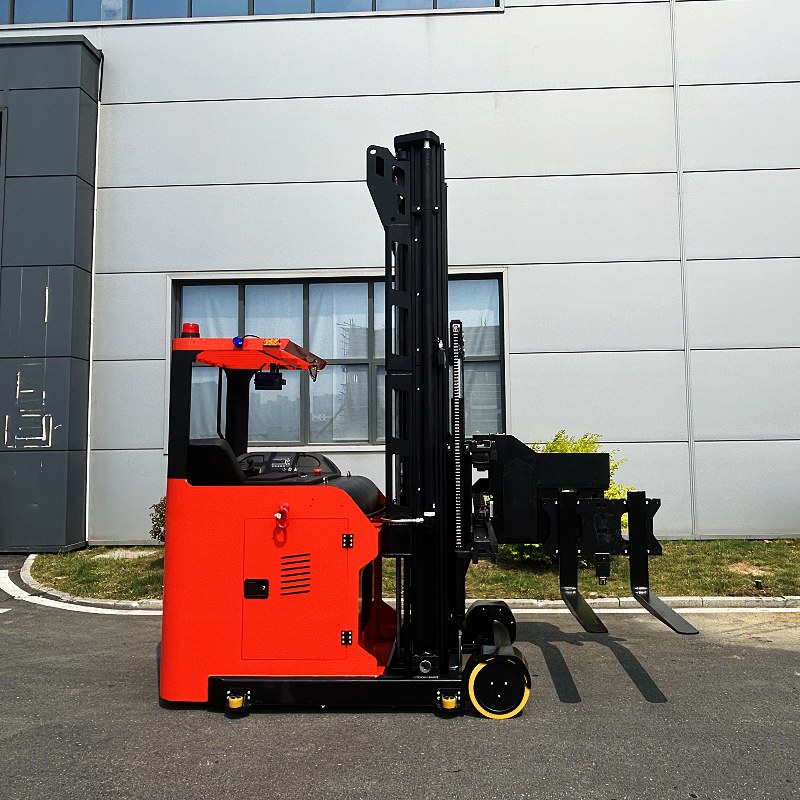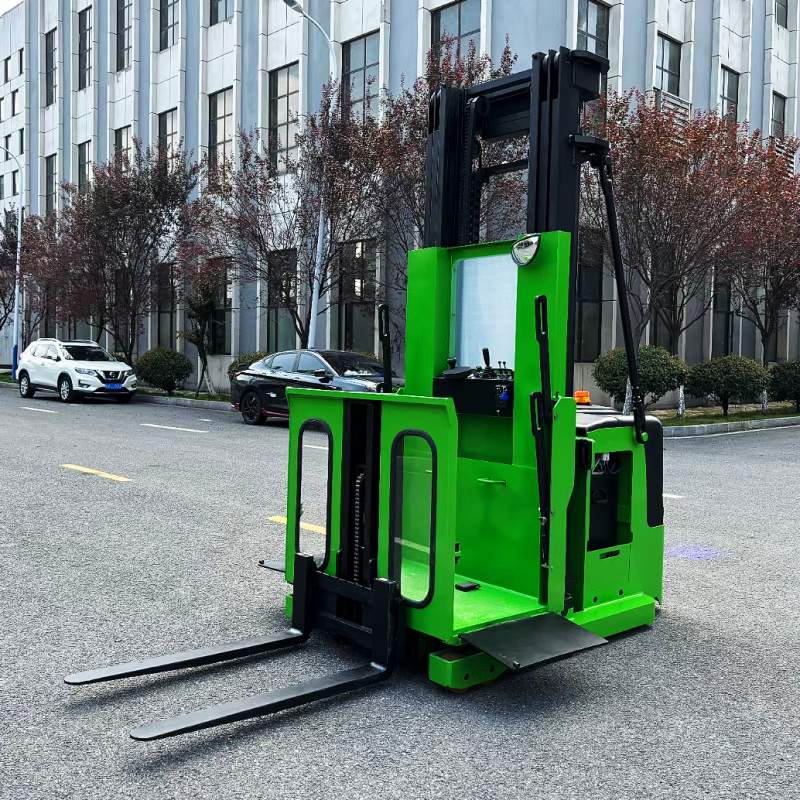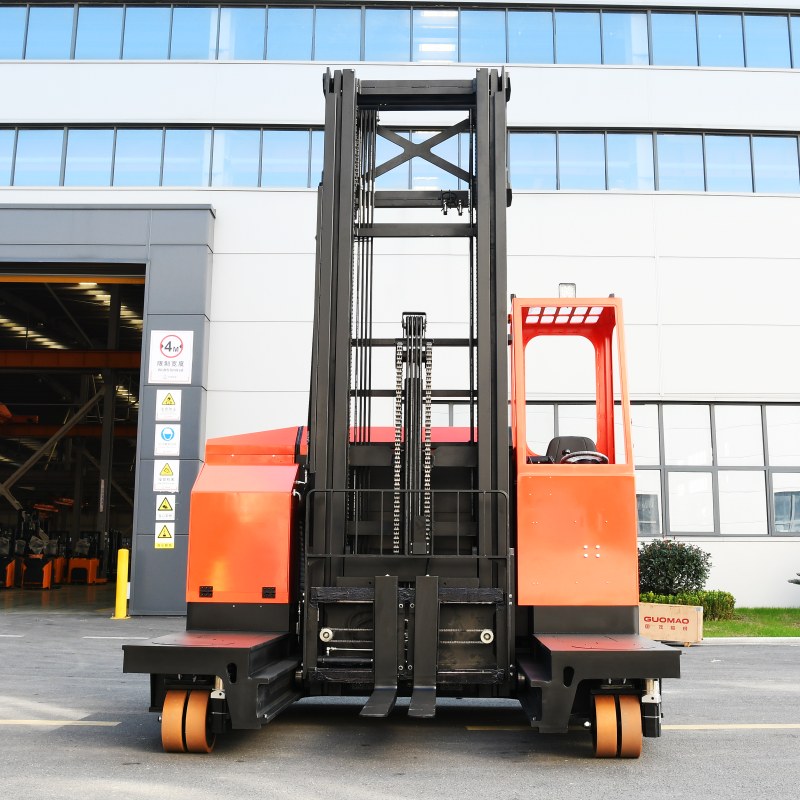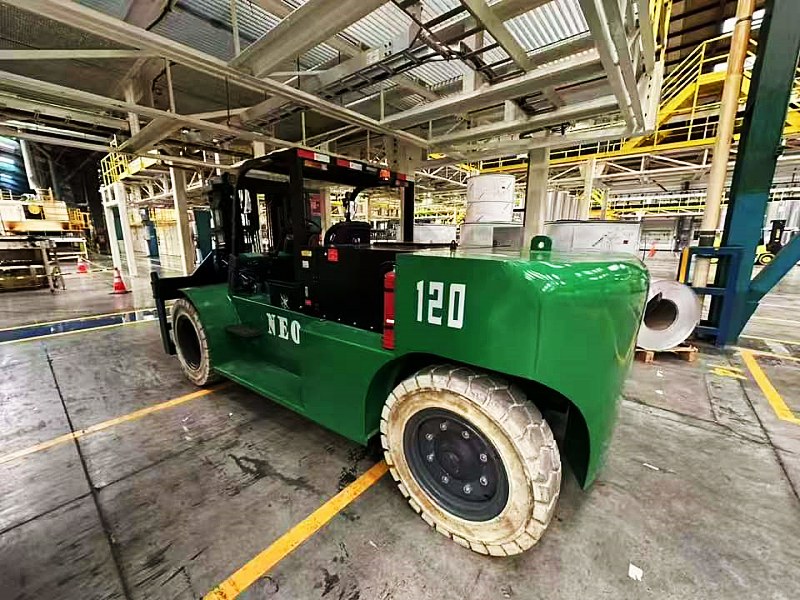What Are You Looking For?
In today’s rapidly evolving industrial landscape, standard forklifts often fall short of meeting specialized operational demands. Whether it’s navigating tight spaces, handling unusual loads, or operating in extreme environments, non-standard custom electric forklifts provide the flexibility and efficiency required for unique material handling challenges.
This blog explores the benefits, applications, and key considerations when opting for a customized electric forklift solution.

Why Choose a Custom Electric Forklift?
Standard forklifts are designed for general-purpose use, but many industries require modifications to enhance performance, safety, and efficiency. Custom electric forklifts offer:
✔ Adaptability to Unique Environments – Cold storage, high-temperature zones, or corrosive atmospheres demand specialized components.
✔ Enhanced Ergonomics & Safety – Custom controls, seating, and visibility adjustments improve operator comfort and reduce fatigue.
✔ Optimized Load Handling – Non-standard fork lengths, attachments (clamps, rotators), or lifting capacities cater to specific loads.
✔ Space Efficiency – Compact or narrow-aisle designs improve maneuverability in constrained warehouses.
✔ Energy Efficiency & Sustainability – Custom battery solutions (lithium-ion, fast-charging systems) reduce downtime and operational costs.

Key Applications of Custom Electric Forklifts
1. Cold Storage & Freezer Environments
Insulated cabins with heated controls for operator comfort
Cold-resistant components (seals, hydraulics, tires) to prevent freezing
Anti-fog lighting and defrost systems for clear visibility
2. Hazardous & Corrosive Environments
Explosion-proof (EX-rated) models for chemical or flammable material handling
Stainless steel construction for food processing or pharmaceutical industries
Corrosion-resistant coatings for marine or wastewater treatment facilities
3. High-Precision & Automated Warehousing
Integrated AGV (Automated Guided Vehicle) systems for smart warehouses
Laser-guided navigation for autonomous operation
Custom lift heights & mast designs for high-bay storage
4. Specialized Load Handling
Extra-long forks for lumber, pipes, or sheet metal
Side-shift & fork positioners for precise pallet alignment
Multi-purpose attachments (clamps, push-pull, drum handlers)
Designing Your Custom Electric Forklift: Key Considerations

Before commissioning a bespoke forklift, evaluate the following factors:
1. Operational Environment
Temperature extremes? (Custom HVAC systems may be needed)
Floor conditions? (Slopes, uneven surfaces, or anti-slip requirements)
Indoor/outdoor use? (Weatherproofing, tire selection)
2. Load Requirements
Maximum weight & dimensions
Special handling needs (fragile, hazardous, or irregularly shaped loads)
3. Ergonomics & Operator Comfort
Adjustable seating, armrests, and controls
Enhanced visibility (360° cameras, LED lighting)
Reduced vibration & noise levels
4. Power & Efficiency
Battery type (lead-acid vs. lithium-ion)
Fast-charging vs. battery-swapping options
Regenerative braking for energy recovery
5. Compliance & Safety Features
OSHA/ISO safety standards
Emergency stop systems, anti-tip mechanisms
Custom warning lights & alarms
The Future of Custom Electric Forklifts

With advancements in battery technology, automation, and IoT connectivity, the future of custom electric forklifts is evolving rapidly:
🔹 AI-Powered Forklifts – Predictive maintenance and real-time load optimization
🔹 Modular Designs – Easily upgradable components for future needs
🔹 Green Energy Integration – Solar charging, hydrogen fuel cells
Conclusion: Is a Custom Electric Forklift Right for You?
If your operations require specialized handling, unique environments, or enhanced efficiency, a non-standard custom electric forklift could be the ideal solution. By working with experienced manufacturers, you can design a forklift that perfectly aligns with your workflow, improves safety, and boosts productivity.